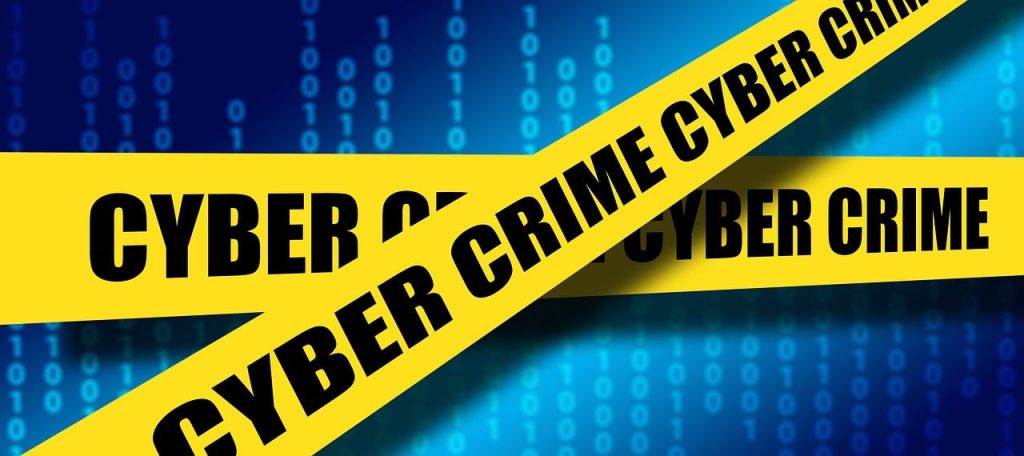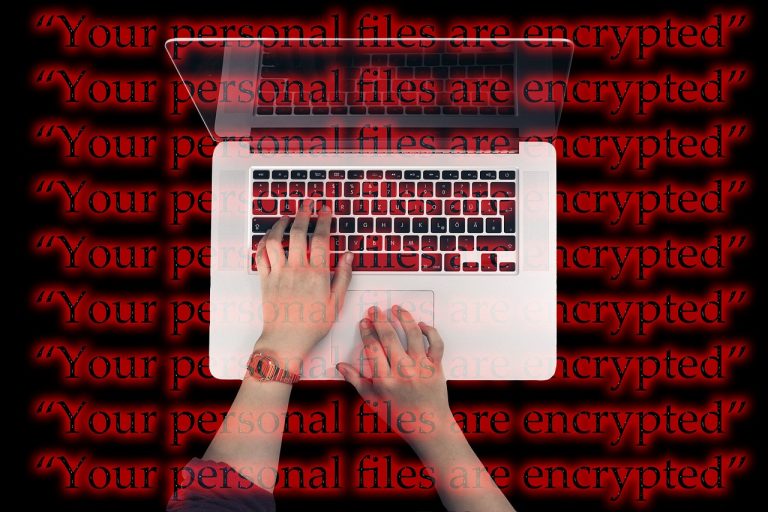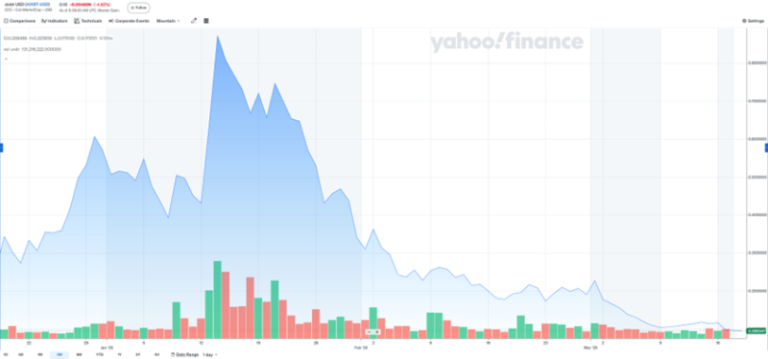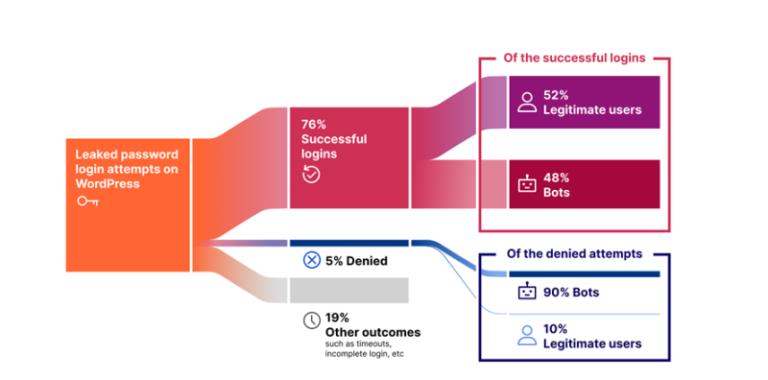
The global network of hackers and extremists known as Com/764 has not dissolved despite intensified pressure from law enforcement agencies. On the contrary, members of the group persist in their activities, defying authorities and continuing to propagate their extremist agenda.
Particularly alarming is the emergence of a subgroup known as No Limits Militia (NLM), which openly advocates violence and disorder. Members of NLM have published multiple “manuals,” reportedly employed by perpetrators across the United States and Europe.
The U.S. Department of Justice has designated Com/764 as a “Level One” threat, acknowledging the group’s severe risk. However, combating this movement proves difficult due to its decentralized structure and lack of unified ideology, which render it elusive and challenging for authorities to identify.
Western nations have intensified efforts to prosecute individuals affiliated with Com/764. In the United Kingdom, authorities apprehended 19-year-old Cameron Finnegan in connection with extremist activities tied to the group.
A prominent figure within this network is the German youth Nino Luciano, known online as “Tobbz.” Luciano’s 2022 armed assault on elderly victims significantly influenced other extremists, causing the moniker “Tobbz” to become synonymous with violence. His actions have inspired imitation, further deepening the threat.
Western authorities have expressed concern over the group’s increasingly fragmented yet potent ideological structure, which merges diverse extremist doctrines, including neo-fascism, neo-Nazism, and anarchist violence. By fusing these varied extremist ideologies, the network attracts disaffected youth, prompting them toward increasingly severe criminal acts.
Consequently, Western governments have intensified their pursuit of individuals associated with Com/764. British authorities, for example, have prosecuted several individuals involved with the group, aiming to dismantle networks responsible for propagating violent extremism.
Moreover, U.S. and European law enforcement officials continue grappling with the elusive nature of this decentralized threat, as the absence of a unified organizational hierarchy makes prediction, identification, and prevention of future attacks exceedingly difficult.
Additionally, Com/764 has fiercely criticized regulatory measures proposed by the European Union that demand increased transparency of online communications, arguing that such laws inadvertently aid criminals and terrorists by exposing vulnerabilities within technological platforms.
Nevertheless, global trends indicate increasing demands for transparency and accountability, with countries and regions enacting stringent laws requiring organizations to disclose the methods and data underlying their digital systems.


